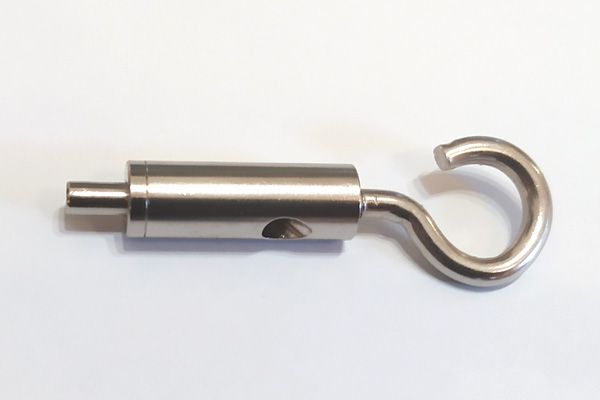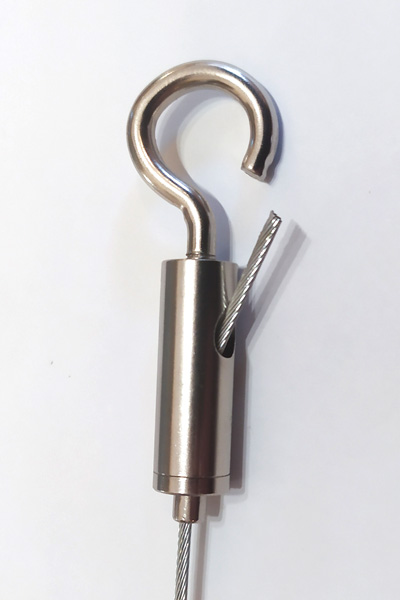
Kórházi kulcs akasztó kulcsos tábla volt - Egyéb régiség | Galéria Savaria online piactér - Vásároljon vagy hirdessen megbízható, színvonalas felületen!

Ne zaklass! Natúr bükkfa ajtókilincs akasztó tábla egyedi gravírozott szöveggel figurával - Natúr fa díjak, emléktáblák, kilincs akasztók | dekorwebshop.hu

Shhh! Baba alszik Natúr bükkfa ajtókilincs akasztó tábla egyedi gravírozott szöveggel figurával akció | Ár Radar 2023

Kórházi kulcs akasztó kulcsos tábla volt - Egyéb régiség | Galéria Savaria online piactér - Vásároljon vagy hirdessen megbízható, színvonalas felületen!

Akasztó árnyéktáblához 2 X M5 Lyukkal H20mm X W40mm V1137 Akasztó árnyéktáblához 2 X M5 Lyukkal H20mm X W40mm Kiegészítők árnyékfalhoz Shadow Boardok Vikan Élelmiszeripari Kefék | Vásároljon a Siposhigienia.hu-ben

Kislány szoba Natúr bükkfa ajtókilincs akasztó tábla egyedi gravírozott szöveggel figurával - Natúr fa díjak, emléktáblák, kilincs akasztók | dekorwebshop.hu

Neoteck 16Db Mágneses Metal Rajzszög Akasztó Fogas Hűtőszekrény Tábla Térkép Mágnesek Neodímium Ritkaföldfémmágnesek Rajzszög – FIXO.hu


















